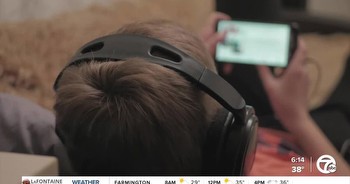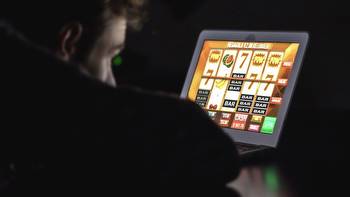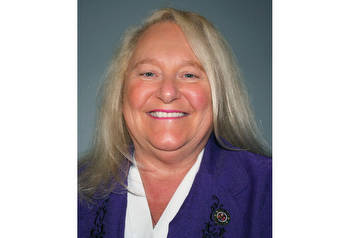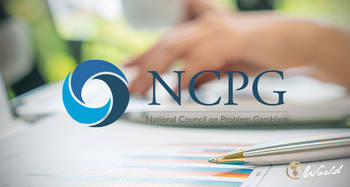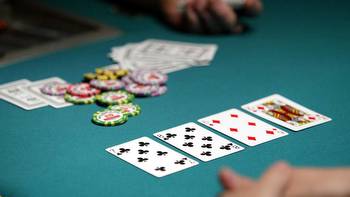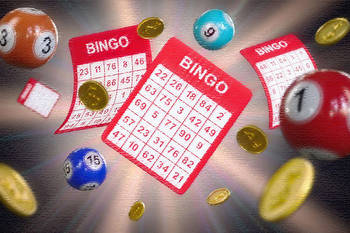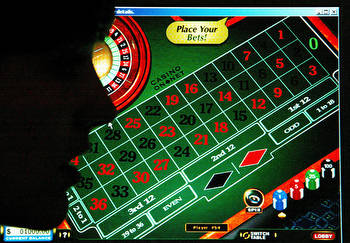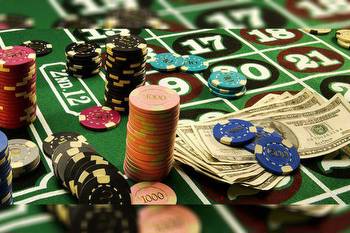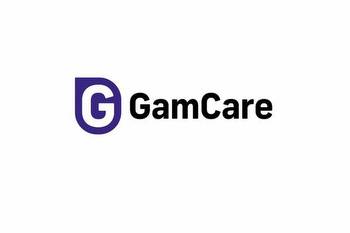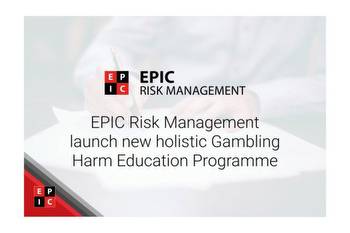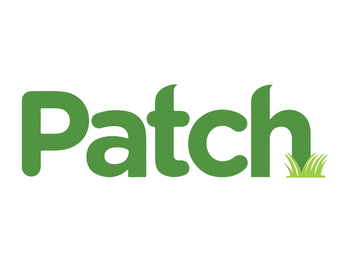Should Kids Learn About Gambling Before They Can Legally Participate?
In the US, responsible gambling education is aimed at those who can legally gamble. There is no such education for Americans under the age of 21. The issue of preventing gambling illiteracy among the young is generally dismissed out-of-hand by pedagogical professionals.
Keith Whyte is the executive director of the National Council on Problem Gambling. He believes young Americans should learn about responsible gambling before they can legally participate in it.
"If we don't teach kids about gambling, they will learn it from ill-informed peers, bookies, illegal offshore operators, social media influencers, sports touts, etc.
Some states allow people aged 18 or older to buy lottery tickets, but they can't gamble until they're 21. The retail casino industry wants the gambling age to match the drinking age. Online gambling operators are held to the same age requirements. Some organizations provide responsible gambling programs to of-age Americans. Other organizations do not.
There is a lack of responsible gambling education and outreach for young Americans. Many who find themselves legally able to gamble aren't educated about the activity.
In the US, gambling literacy currently comes from gambling experience. Only 30% of bettors aged 18 to 24 strongly disagreed with the statement “If I gamble more often, it will help me win more than I lose”. In March, NCPG released research in March which is Problem Gambling Awareness Month.
Gambling literacy is higher among online gamblers between 18 and 34 than among American gambers. Dr. Richard Wood, a Canadian psychologist, has studied gambling in five US states and found that younger Americans score lower than Canadians. OPR's Rebecca Reilly cautions against the informal nature of the studies. She doesn't know of any peer-reviewed research on gambling literacy among youth.
Canada’s Responsible Gambling Association provides responsible gambling information for 13 to 24-year-old residents of the Great White North and their parents.
In RGA's education efforts, Ontario high school educators can book performances of the live game show, "GAME BRAiN." It's a simulated game where students compete against each other for 45 minutes on topics such as the risks of gambling and the warning signs of a gambling problem.
Lee Willows believes young people should be included in the UK’s Gambling Act Review. Epic Risk Management offers schools in-person awareness sessions.
"I believe we have a responsibility to educate young people about the risks of gambling, just as we do on public health matters such as alcohol and drugs."
Reilly believes young people should get responsible gambling education. She thinks young Americans should be educated about gambling and its risks to public health.
NCPG’s research found 7% of US bettors exhibited problem behavior. CollegeGambling.org cited studies that were at least a decade old.
According to research, 6% of college students have a gambling problem. Only 1% percent of the adult population in the US has a problem with gambling.
There needs to be more responsible gambling education in the US, according to Whyte.
NCPG recommends integrating gambling education into other youth risk education and prevention. Gambling addiction is still highly stigmatized. It needs to be de-stigmatized to remove the mystery and mystique.
Children may first experience gambling in a seemingly innocuous form, such as a church bingo night. American children already see gambling.
Gambling is interesting in that there are fewer physical or enforced age restrictions. In some charitable gambling, the age may not even be 18. Risk for addiction and addictive behaviors tend to cluster.
Problem gambling advocate Jamie Salsburg has two children.
My kids are 8 and 6 and they are curious about gambling. They have seen the lottery ticket machines and have experienced the frustration of not getting the Pokemon card or L.O.L. Surprise! doll they wanted. I believe they understand it and are better prepared for the future.
Salsburg is a recovering gambling addict who last wagered on July 15, 2010. He is interested in the UK's programs to educate teens and young adults about responsible gambling.
Should kids learn about gambling before they can legally participate in it?
"I'm taking ownership to make sure it is done within our home, rather than waiting for a program to be tested and launched."
Kids should learn about gambling before they can legally participate in it. For everything except gambling, it's almost never too soon to talk to kids about things like smoking, drinking, sex.










